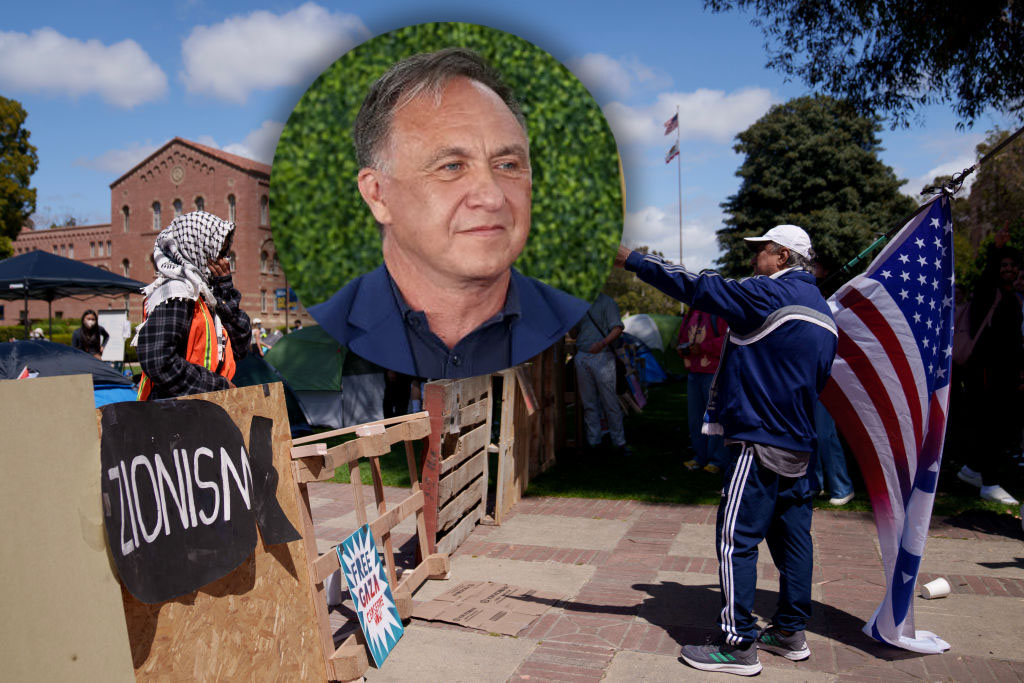All great literature, and most good Disney movies, begin with a missing parent. And so “The Happy Life of Martin Manrique” begins with these words:
“On Jan. 4, 1923, I was born in Leon, Mexico; six months later my mother, Luz Marua Manrique, took me to Mexico City and left me with her half-sister, Maria Donato de Melendez.”
The narrator finds happiness with his aunt and cousins, but he decides on his own to move on.
“I have always been restless,” he says. “I was about 10 years old when I left my home. I had no good reason. I was happy…so I wrote a note to [my aunt] and went to the streets. The note said, ‘I am going to look for my fortune, and some day I may be able to pay [you for] what you have done for me.’”
At this point you need to know that this is a true story. There really is a Martin Manrique who ran away at 10 to make his fortune and find his happiness. He is now an 86-year-old upholsterer who lives in Westminster. Last year he typed up his memoir, and his daughter, Norma, a friend of mine, let me read it.
By 1944, Manrique had run away two more times, learned a trade, started two businesses, failed at both and married Emma. He was 21.
He had crossed the Texas border with $3.80 in his pocket, ended up in Corpus Christi and talked his way into a job at an upholstery shop.
Eventually Manrique got legal papers, landed in Los Angeles, where he got a job, bought a house and began to invest in real estate.
I’m going to skip ahead here, past the part where he fell in with a horse trainer named Sam Goldman, who tapped him to become a jockey, past where he met his wife one night in 1944 back in Mexico, the night a friend dragged him out to dance and the band was playing “Paper Doll.”
Manrique’s life has a fabulous quality; it’s Gabriel Garcia Marquez meets the American Dream.
But what struck me was this: At every major turning point in his life, when he needed the skills, money or know-how to get to the next level, it was a Jew who reached out and lent Martin Manrique a hand.
One was the bookstore owner in Corpus Christi who followed Manrique out of his store and pressed a small English dictionary into his hand, for free.
“He was a small Jewish man, and his advice was the advice of a wise man,” Manrique writes. “‘Keep this in your pocket and learn three words every day.’”
Another was a carpet salesman named Sol Rubin, who taught Manrique how to make a sale and helped him get the account of one of the largest interior decorators of the time, Barnett Bros.
Then there was Alex Schenazy, who took Manrique aside and told him to be sure to buy the building where he set up shop as soon as he could.
He took the advice and soon was looking for other investment properties. He bought four lots in Benedict Canyon, 10 acres off Kanan Dume Road in Malibu and 40 acres beside what was to become Pepperdine University in Malibu for $12,500.
Jack Cohn, who owned the Home Furniture Co., taught Manrique how to foresee problems in business. When he closed his store, Cohen gave Manrique all his work.
Ralph Bloch, Gus Shaelbrock, Al and Wynn Melton, the Barnetts — they all helped him along.
“It’s astonishing,” his daughter Norma told me. “All Jews.”
Of course, Manrique also credits his friends, family, employees — non-Jews — for his success.
And yet, these Jews helped provide a kind of scaffolding on which Manrique built his own proud, productive life.
Did these Jews see a bit of their own immigrant story in his? Did they feel compelled to help the stranger, “as you were once strangers in Egypt”? Did they just feel a kinship with a young man whose values of faith, hard work, education and success resonated with their own?
This Sunday, May 17, the Jewish and Latino communities will gather in front of the historic Breed Street Shul in Boyle Heights for Fiesta Shalom, a celebration of Israel’s 61st birthday (see story on Page 17). The Journal marks the occasion with its first-ever bilingual section published simultaneously in La Opinion.
The organizers of Fiesta Shalom want us to realize that we have a shared destiny in this city, in this country.
And if there’s a communal lesson for us in Manrique’s story, it’s a simple one: The personal connections are the strongest, the most helpful, the least fragile. Helping one other person along raises all of us up.
“Considering our humble origins we did all right,” Manrique concludes his unpublished autobiography. “Nothing spectacular. We did it with hard work.”
Today, Martin and Emma Manrique still work in their upholstery shop. They sold their properties for a nice profit and invested in more. Their son, Victor, got his law degree at Loyola University. Their daughter, Martha, is a physicist at Boeing. Their son, Richard, is a CPA with a degree from USC. And Norma is a chiropractic doctor and an acupuncturist.
“A complete state of happiness may not exist, but happy moments do exist,” Manrique writes, “and if you can gather enough of them, they will all add up to happiness.”
Not bad for a runaway from Leon.
Hasta el domingo.






















 More news and opinions than at a Shabbat dinner, right in your inbox.
More news and opinions than at a Shabbat dinner, right in your inbox.